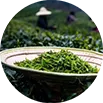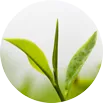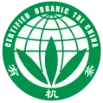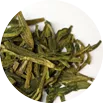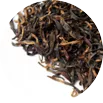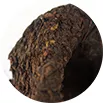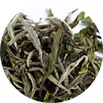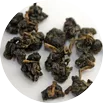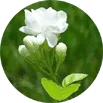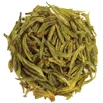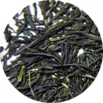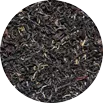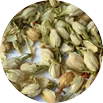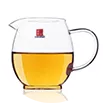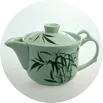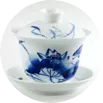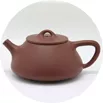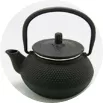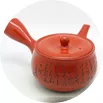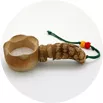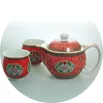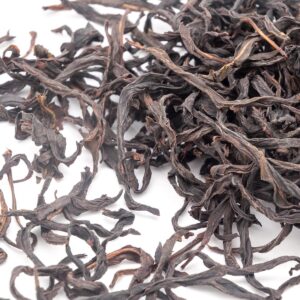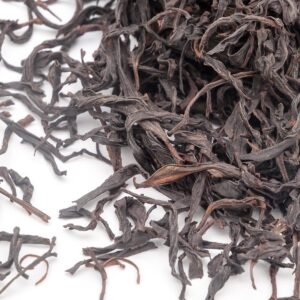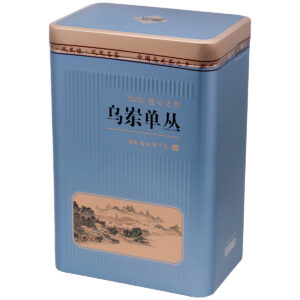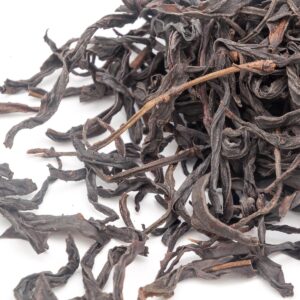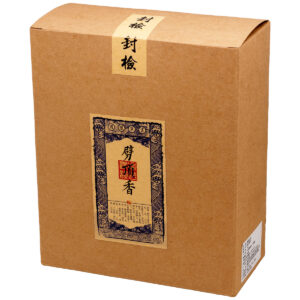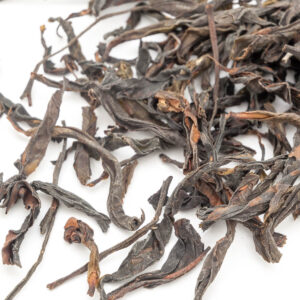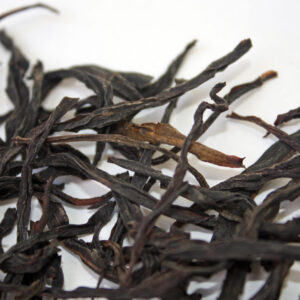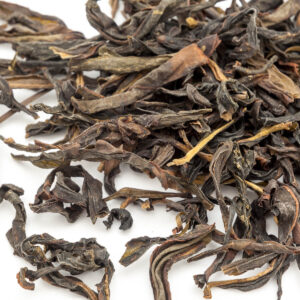Ya Shi Dao Hua Xiang
Wu Dong Tong Tian Xiang
Wu Dong Mi Xiang
"Phoenix from Wudong" is the darker color, more baking, and therefore more obvious representative of "Phoenix" in our products. Orange tea soup, with the sweet aroma of ripe fruit, fresh and juicy taste and pleasant stimulating effect.
The tea comes from selected small batches of products from the higher altitudes of Fengshan. Completely manual processing is a matter of course, and traditional meticulous baking is also a matter of course - this is a very critical step in the processing of oolong tea, which requires a lot of skills and experience.
Ya Shi Dao Hua Xiang
An excellent tea with a traditional but not very tempting name - "The smell of duck droppings". The tea itself has one of the most amazing aromas that Dan Cong type teas can offer - delicious and full at the same time, charming, reminiscent of rice flowers, smooth and very sweet with complex floral tones and a long-fading aftertaste.
Mi Lan Xiang
Ba Xian Xiang
Phoenix Oolong Teas / Feng Huang Dan Cong 凤凰单丛 or ‘Individual Phoenix Trees’ is a very specific group of oolong teas originating from Phoenix Mountains (Feng Huang Shan 凤凰山) in Guangdong 广东 Province from tea gardens at an altitude of 600-1500 meters. Dan Cong
单丛 means `Individual trees (or groups of smaller tea trees/bushes), each with its own distinctive scent. There is over a hundred subspecies of Phoenix oolongs, all originating from Shui Xian 水仙 species. Shui Xian traditional cultivar easily develops its unique character and aroma that reflects the environment it grows in. A characteristic feature is a large, slightly twisted leaf, a lower degree of oxidation and baking. Overall, these are very energetic and juicy teas. Authentic teas are collected from large trees (up to 8 meters high) only once a year and their production is around 25-30kg of tea per year. The leaves of these trees shall not be confused with the cheaper leaves from smaller bushes, which have recently shown up on the market. The true Dan Cong should have a large leaf, relatively long (more than 5 cm), very firm but flexible, lighter (sometimes even whitish-green in color) in the infused state with a matte and fine, as if silky, surface. The aroma of dry leaves must not contain strong roasted notes, and the taste of the tea itself must not be overroasted.
All ‘Phoenix Mountain’ teas are further divided by scent and/or tree type.
There are 11 basic and famous fragrances, in Chinese Xiang香, that can be found on the market:
Scent of Magnolia / Yu Lan Xiang 玉蘭香
Scent of Gardenia / Huang Zhi Xiang 黄枝香
Scent of Eight Immortals / Ba Xian Xiang 八仙香
Scent of Almonds / Xing Ren Xiang 杏仁香
Scent of Orchid / Zhi Lan Xiang 芝蘭香
Scent of Honey Orchid / Mi(4th tone) Lan Xiang 蜜蘭香
Scent of Osmanthus / Gui Hua Xiang 桂花香
Scent of Pomelo Flowers / You Hua Xiang 柚花香
Scent of Ginger Flowers / Jiang Hua Xiang 姜花香
Scent of Cinnamon / Rou Gui Xiang 肉桂香 (not to be confused with Wuyi Rou Gui!)
Scent of Yellow Flower / Mi(3rd tone) Lan Xiang 米蘭香
On the market, several categories of Phoenix Oolongs can be found, howevere not all of them are actually the real ones. Usually you can encounter 3 different kinds under the name of “Phoenix Oolong”:
1. Immitations – usually have almost nothing in common with the original teas and are characterized by the above mentioned large degree of roasting (which is undesirable!) and can be quite easily distinguished from high-quality Phoenix Oolongs.
2. More or less successful clones from authentic tea trees – the so-called ‘commercial’ Phoenix Oolongs, which always have an almost identical smell and character of their mother tree, however they are younger. In order to satisfy the existing great demand for these teas on reasonable prices they are widely cultivated. In this second category, you can already find very good clone teas. As a matter of fact, this category is the most widespread one.
3. Original Phoenix Oolongs: teas from individual tea trees or smaller groups of older tea bushes, usually from higher altitudes – are almost unobtainable on the market outside of China. Moreover, quite expensive for ordinary tea lovers, which is logical from the point of view of the limited production of these teas – they are harvested once a year, the number of such trees is quite small, and with this type of tea there are more branches on the tree than usable leaves. The average production of one tree is around 25-30 kg/year, all individual trees are registered and described in detail in professional literature. Individual productions are usually booked in advance, etc.


